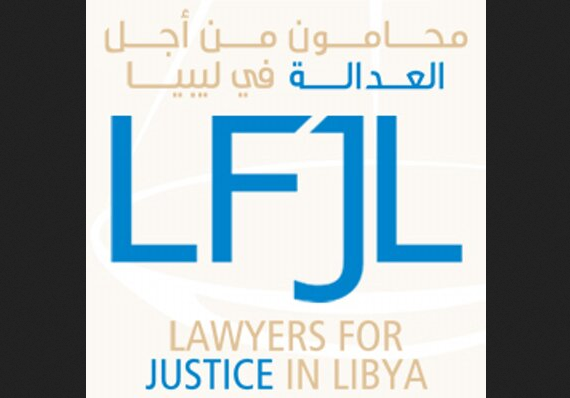Additional safeguards must also be elaborated. Currently there is no separate right to liberty and security, which would, if adopted, contain important safeguards against pre-trial torture such as the right to petition for a writ of habeas corpus (a petition to be brought before a judge to have the legality of one's detention determined). There is also no separate provision dealing with the prohibition of enforced disappearance.
Elham Saudi, LFJL Director, noted:
"It is vital that a country with a history as tarnished by torture as Libya's, takes special care and additional effort when drafting its constitution to ensure that this abhorrent human rights violation is addressed in the most comprehensive way possible.
"For this reason, LFJL urges the CDA to adopt specific measures to ensure its abolition. A comprehensive approach is key not only for legal protection but to help address the culture of acceptance of torture and of impunity for perpetrators which is so prevalent in Libya."
Dr. Lutz Oette, REDRESS' counsel, added:
"The current constitutional review process provides a unique opportunity for Libya to put the prohibition of torture on the strongest possible footing. Enshrining the right to be free from torture in the constitution sends a clear message that torture has no place in Libya's legal order."
http://www.libyanjustice.org/downloads/Publications/anti-torture-commentary---final---pdf.pdf
For the previous installment of LFJL's constitutional commentary considering the work of Committee 1 on the form of the state, please click here: http://www.libyanjustice.org/downloads/Publications/committee-1-form-of-state-and-fundamental-cornerstones.pdf
(Source: LFJL)





